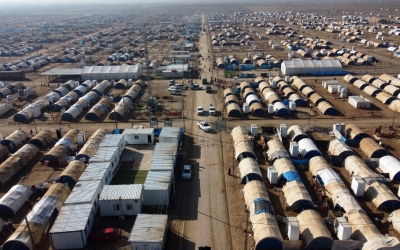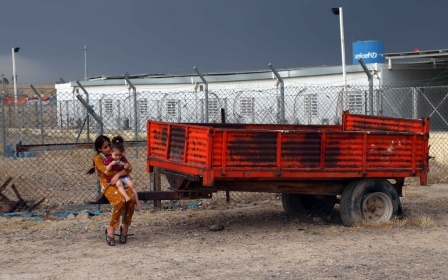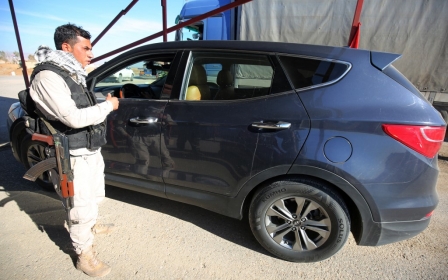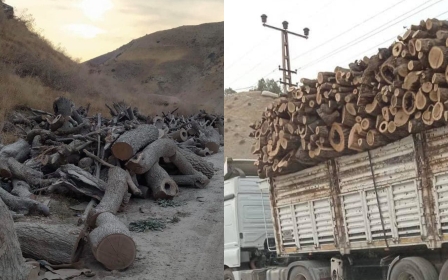Iraq: Two drones shot down above base housing US troops
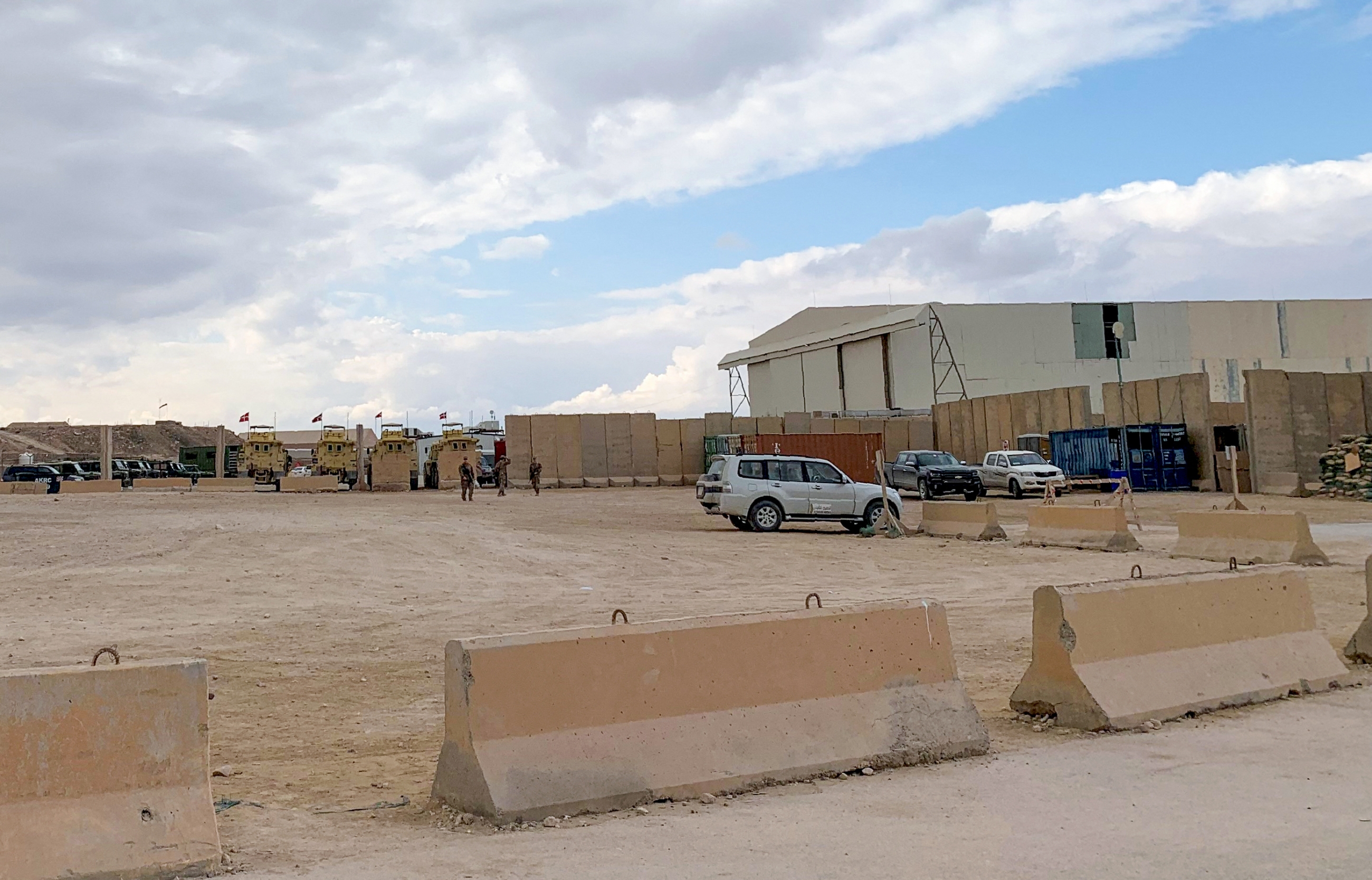
Two drones were destroyed above a base housing US troops in Iraq's western desert, the Iraqi army said on Sunday.
The US military's C-RAM defence system was activated to shoot down the drones above the Ain al-Asad base, located in Iraq's western desert.
The incident comes one month after the same base was targeted by an armed drone.
Several hours earlier a rocket was shot down above Baghdad airport "without causing casualties or damage", said Colonel Wayne Marotto, spokesperson for the US-led military coalition in Iraq.
The coalition was sent to Iraq to help the country's military fight the Islamic State militant group - a campaign that Baghdad declared won in late 2017.
There are currently 2,500 US troops in Iraq, feeding into a total coalition troop strength of 3,500.
The US consistently blames Iran-linked Iraqi factions for rocket and other attacks against Iraqi installations housing its personnel.
Since the start of this year there have been 39 attacks against US interests in Iraq.
The vast majority have been bombs against logistics convoys, while 14 were rocket attacks, some of them claimed by pro-Iran factions, who aim to pressure Washington into withdrawing all their troops.
For Western diplomats and high-ranking military officials in Iraq, the attacks are not only a danger to US personnel, but they also compromise the fight against IS, which retains sleeper cells in mountainous and desert areas.
"Those attacks are a distraction," one such source told AFP. "The only people they are helping are jihadists because every time they attack a base where the coalition has advisers, those advisers have to stop what they are doing to concentrate on force protection."
The use of drones against American interests by Iran-linked factions is a relatively new tactic.
The US military has previously accused pro-Iran Iraqi groups of helping Yemen's Houthi rebels carry out attacks using such devices against Saudi interests.
Middle East Eye delivers independent and unrivalled coverage and analysis of the Middle East, North Africa and beyond. To learn more about republishing this content and the associated fees, please fill out this form. More about MEE can be found here.


